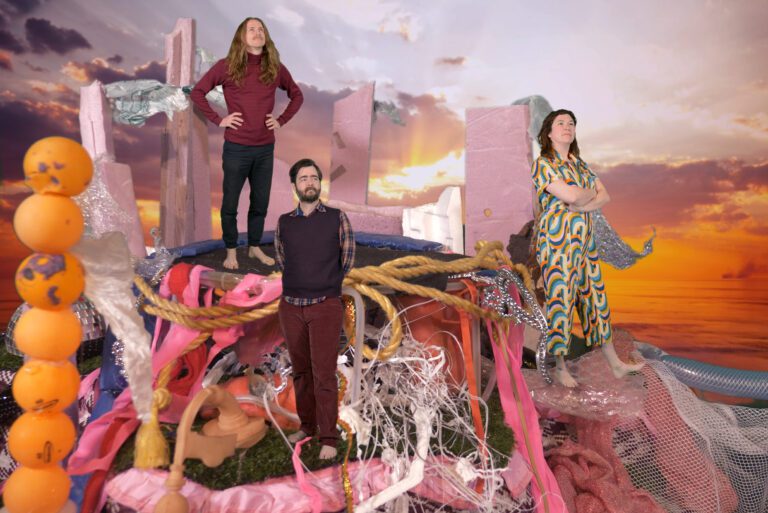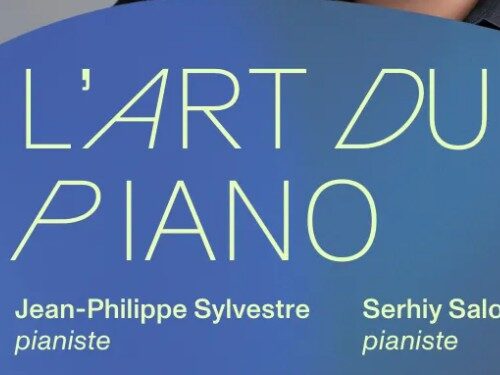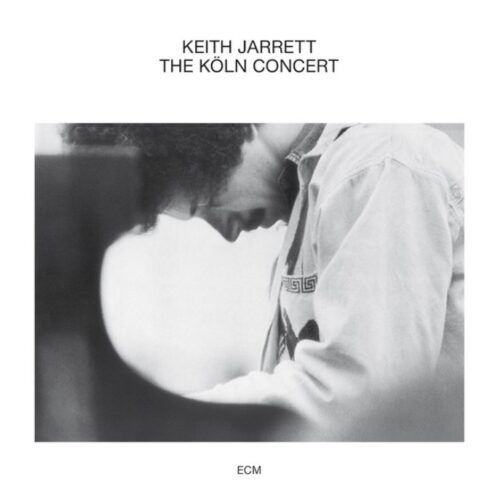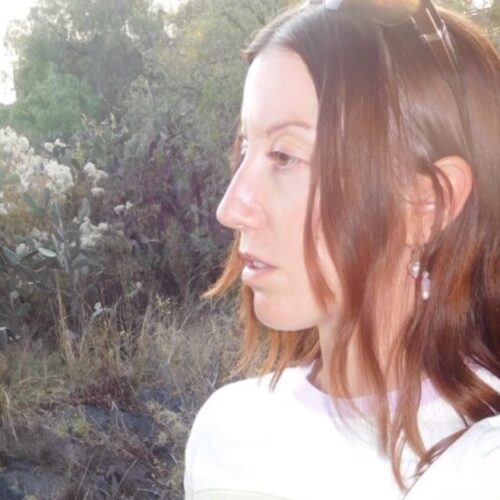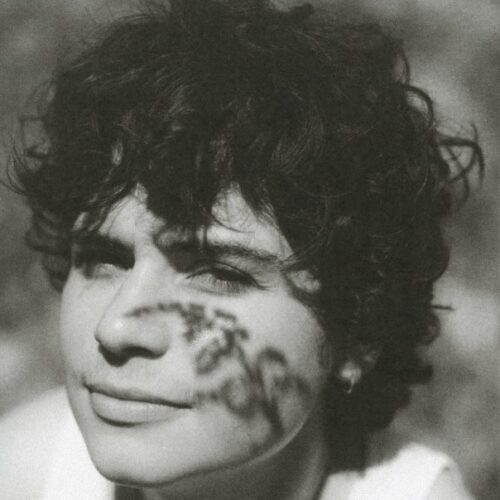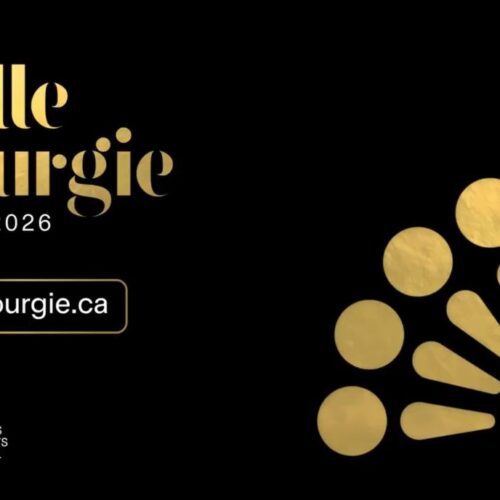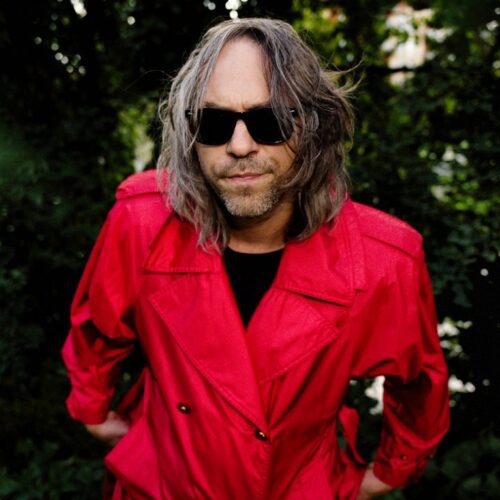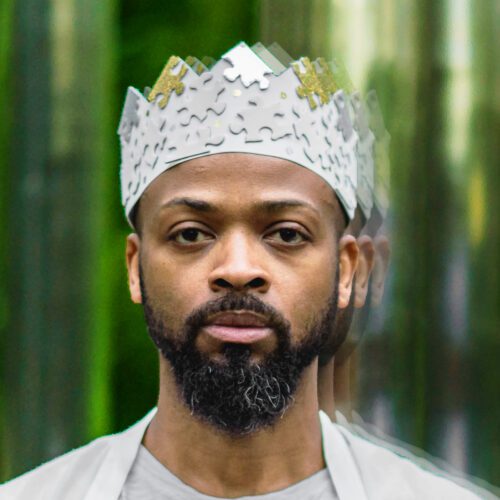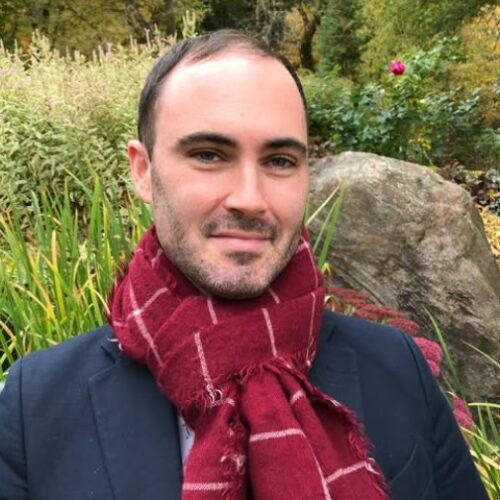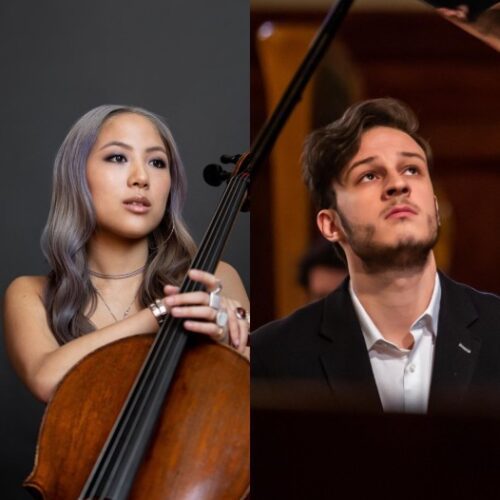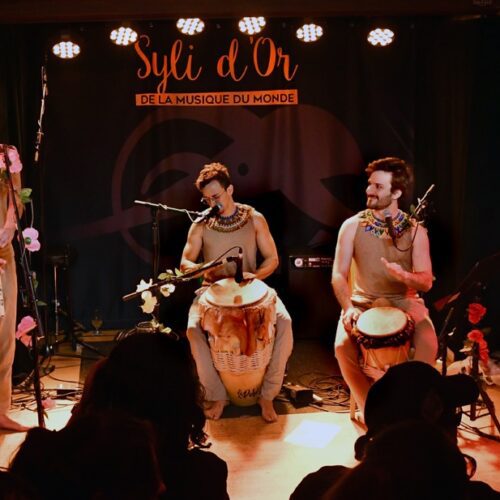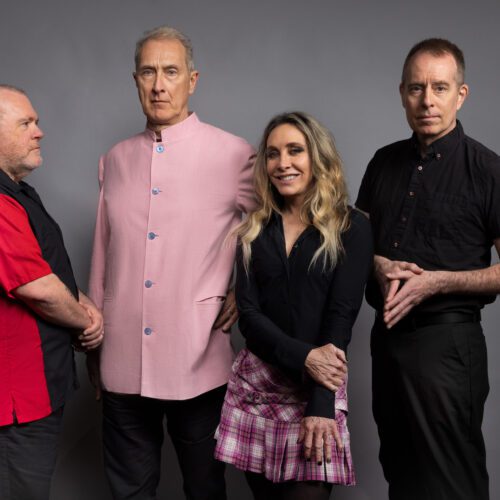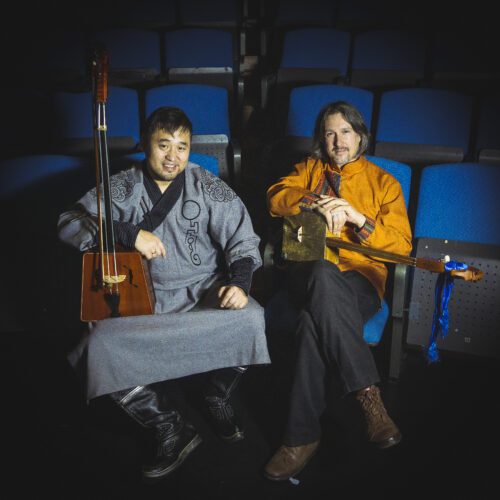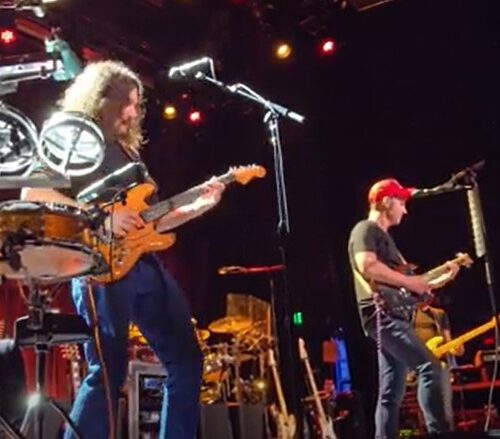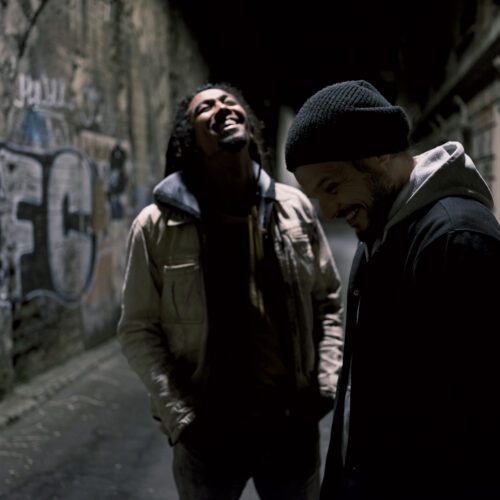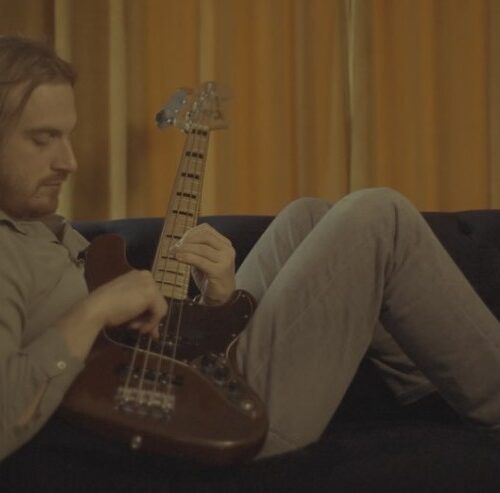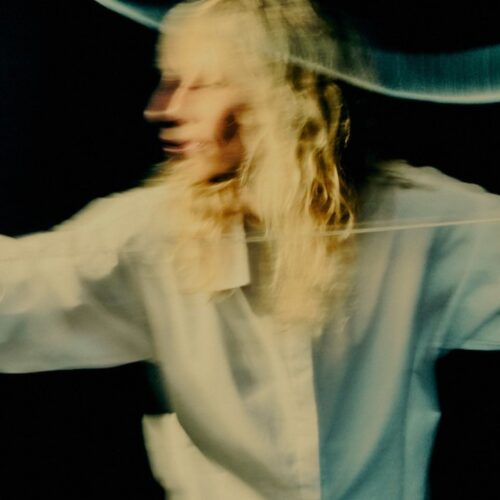Additional Information
The Burning Hell, one of Canada’s most singular DIY indie art-folk/rock projects, has been making music for over a decade, always striving for quick-witted imagery and easy-to-latch enjoy instrumentation. They’ve always been a band that makes music for themselves, dipping their toes in almost every genre in the book, but never settling. Simply, every album by The Burning Hell is quite different from the last.
This notion rings true with their latest effort, Garbage Island, a concept album somewhat inspired by the real-life Trash Vortex circling our seas. Though the album does touch on the very real environmental implications plaguing our world, Garbage Island imagines what a distant future may look like for birds and humans.
Stuck between provinces due to the pandemic, the band had oodles of time to record, mix, and produce Garbage Island themselves, honing in on the DIY aesthetic and artistic style of the band.
We spoke with The Burning Hell’s founder/multi-instrumentalist, Mathias Kom, about the concept of Garbage Island, not taking yourself too seriously, and the choice to make fictional narratives over personal ones.
PAN M 360: The Burning Hell has always been a DIY band, but Garbage Island has to be your most DIY project yet. You recorded, produced, engineered, and mixed the album yourself. Was that out of necessity because of the pandemic or was it in the cards for The Burning Hell anyways?
Mathias Kom: It was partly out of necessity—we were stuck in three different provinces for most of the first year of the pandemic and knew that we’d have to get creative if we wanted to make a record together. At the same time, we’ve been heading in this direction for a while now. We all have varying levels of experience recording and mixing, but more importantly, I think we all appreciate being able to take our time and bounce ideas off one another without the pressure of the studio clock.
PAN M 360: There are those couple of phrases in “Fuck the Government, I Love You” from 2014 or so that really stuck with me since the first time hearing it. “I told you I was in a band/ I asked what the band was called, I said it’s called The Burning Hell/ I said I’ve never heard of you, I said that’s probably just as well.” After hearing that I was like, ‘Holy shit, you can really do anything with music and not take yourself so seriously.’ So with that lead-up, do you take yourself seriously as a DIY indie band?
Mathias Kom: That’s a complicated question! I think I’ve always taken what I do seriously. But I try not to take myself too seriously if that makes sense. It’s important to maintain a sense of humour and perspective about everything, and maybe especially playing music.
PAN M 360: Was that really Ariel’s first crack at animation with “Nigel the Gannet?” You could have fooled me!
Mathias Kom: Yes! She spent months doing that and I think she’s found her new passion.
PAN M 360: Do you find it’s easier to write these fantastical narratives with made-up characters and names as opposed to writing a more personal narrative?
Mathias Kom: I’m not so good at writing personal songs, though we did release a whole album—Flux Capacitor—of songs that are more or less autobiographical. Still, I always find it more fun to create brand-new worlds in songs than in mine or my own past for material.
PAN M 360: Musically and instrumentation-wise, every song is so different on this album. Were there basically no rules when composing Garbage Island? Find a cool sound and run with it kind of thing?
Mathias Kom: More than any other album we’ve released, Garbage Island is the product of all of our different influences, and I think that’s why it’s so wide-ranging in terms of sounds and genres. We didn’t sit down and decide that this or that song should follow a certain style; because of the back-and-forth way that we produced it, sending parts to each other in different provinces, the songs evolved kind of organically into what they finally became. The relatively epic amount of time we had to make the record also allowed us to try whatever ideas came to us, including building a glass harmonica and a hammered dulcimer, especially for the album.
PAN M 360: I’m sure I don’t have to tell you, but the world, from an environmental perspective, is at its worst right now. Is this where the idea for the narrative of Garbage Island comes from?
Mathias Kom: Exactly. Garbage Island is a colloquial name for the Pacific Trash Vortex, which is one of many trash vortices currently swirling around the world. But the album isn’t so much about contemporary environmental concerns as about what the distant future might look like long after we’ve finally wrecked the planet for good. It’s bleak, but it does end on a note of hope.
PAN M 360: Yes. We have an actual garbage island floating somewhere in the Pacific, that grows every day. I’m sure birds land there all the time, but in the album, they reign supreme?
Mathias Kom: Although the Pacific Trash Vortex (and similar phenomena in other parts of the world) is a constantly shifting thing, in the world of the album, I imagined that it had eventually congealed into a solid land mass, or at least solid enough for certain creatures to make a home there. Many of the world’s birds are in extreme danger from climate change, habitat loss, and other forms of environmental catastrophe, but at the same time, I have a feeling that at the end of the world, there will be a handful of feathered survivors.
PAN M 360: How important is the context for a Burning Hell song? Do you believe fans follow the stories or are they just pieces of pleasurable, quirky/surrealist alt-indie rock to them? And does that really matter to you, the songwriters?
Mathias Kom: That’s a great question. I think when you write and release a song you have to kind of let it go, and recognize that people will engage with it in whatever way they will, or not at all, and there’s not much you can do. In a live situation, I occasionally set a song up to give it context, but typically I just let them stand on their own. Some fans definitely love the dense narratives, and I appreciate that, but if people are enjoying something I’ve made I’m just happy that they’ve connected to it, even if they don’t hear a word of the lyrics.
PAN M 360: You actually became faux-ornithologists by making this companion book, The Illustrated Field Guide to Birds of Garbage island. What was that experience like? It must have been stupid fun.
Mathias Kom: I actually got into birding just before the pandemic, and then being stuck on P.E.I. for two years allowed me to dive deeper. And the book kind of emerged from that, really. I had a lot of fun imagining what a post-apocalyptic bird guide might look like, and partly it was an excuse to work with some of my favourite illustrators. I basically gave everyone the same prompt—create a real or imaginary bird you think might live on Garbage Island—and I had so much fun creating the fictional narratives that went along with each one.
PAN M 360: I’ve never seen you guys live, so with this album, is there any sort of imagery associated with the live performance? Visuals, costumes? Or are you basically taking the role of the narrators?
Mathias Kom: If we ever had the sort of budget that would allow us to do it I’m sure we’d leap at the chance to have an elaborate stage show with costumes and sets and a touring lighting engineer and so on. But for this tour, we’ll just have a simple hanging backdrop made of garbage, and we’ll try our hardest to be diligent narrators.
The Burning Hell w/ Krista Muir play URSA Mtl on Sept 23. Tickets HERE
